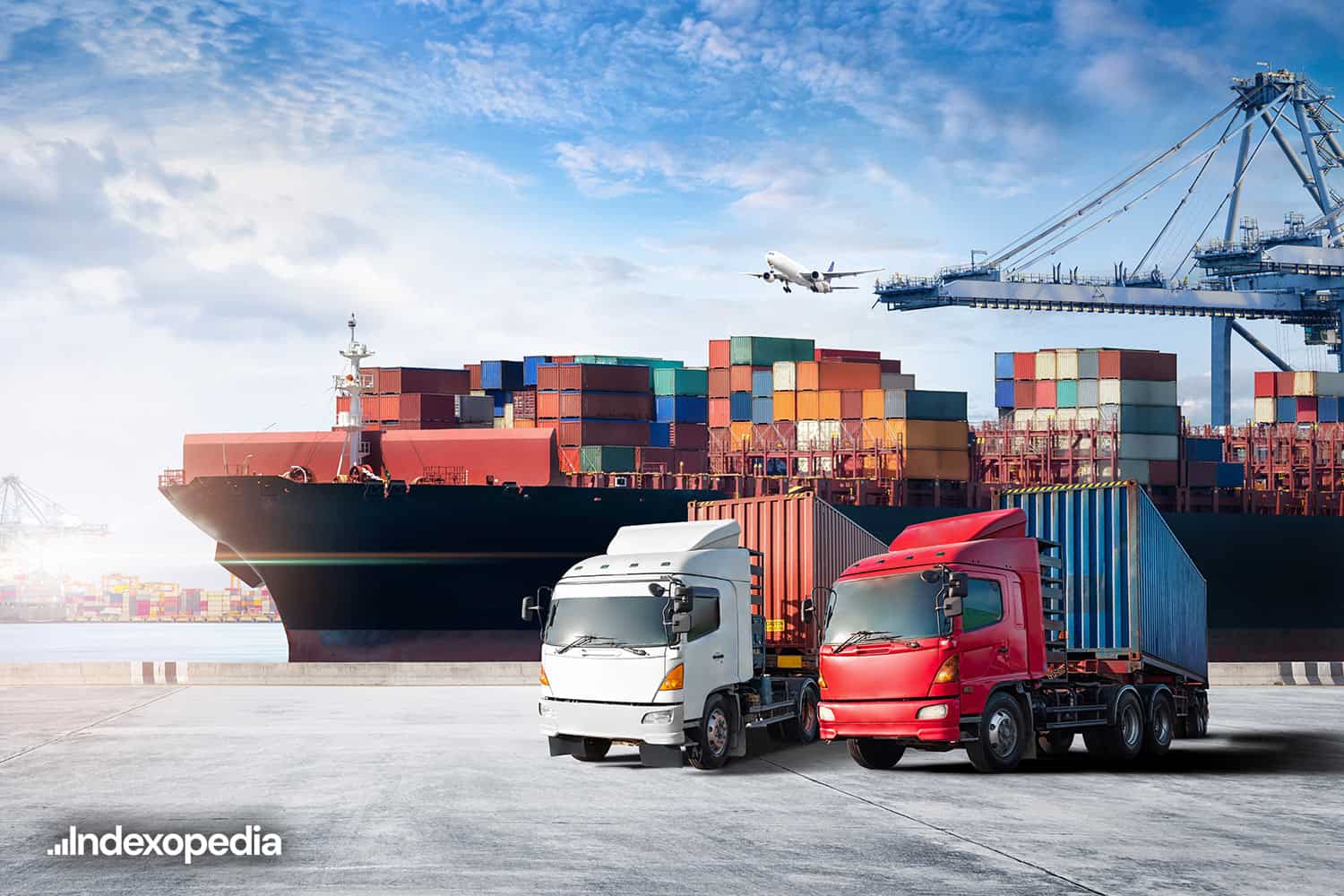

Inflation usually refers to the decrease in purchasing power over time. A small level of inflation is to be expected in a growing economy. Over the last few years America has seen first-hand how uncomfortable inflation can be, especially when supply-chain issues exacerbate it. Supply chain disruptions can lead to a situation where supply cannot meet demand, thus driving up prices. Several factors contribute to this dynamic, including bottlenecks at key production and transport hubs, labor shortages, and geopolitical challenges. When these issues arise, they trigger a domino effect, leading to a scarcity of goods that drives up prices. One of the primary ways supply chain disruptions fuel inflation is by increasing production costs. When manufacturers struggle to obtain essential raw materials or components due to delayed shipments or reduced availability, they are often forced to pay a premium to secure these inputs. These higher costs are then passed on to consumers, as companies raise prices to preserve their profit margins. Logistics Problems with logistics, such as port congestion, a shortage of truck drivers, or a slowdown in the movement of goods from manufacturers to